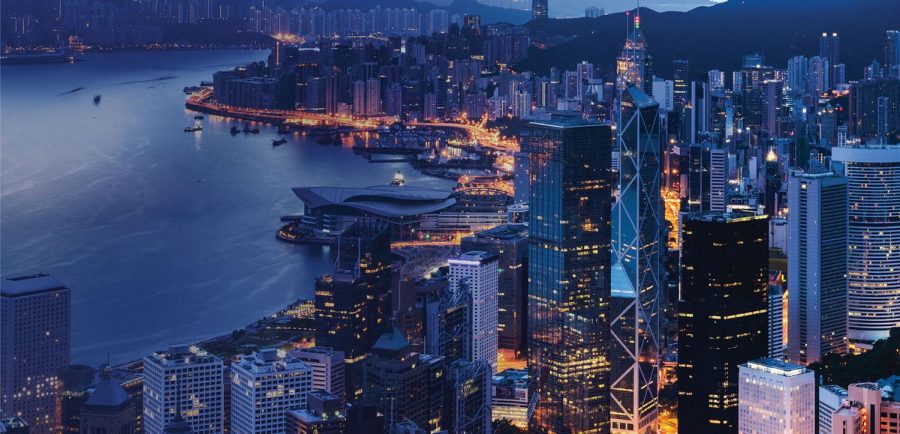Hong Kong has the potential to become a pioneer in Asia’s budding medical cannabis market
Should Hong Kong get on-board with medical cannabis legalization, the region could follow in Thailand’s footsteps and transform the Asian landscape’s Draconian drug laws
Cannabis may be illegal in Hong Kong, but – if lawmakers change their tune – the region could easily dominate the legal cannabis market that is slowly, but surely, sprouting out of Asian soil.
Asia is jumping on a train headed in the direction of the “Green Rush” that is proliferating across North America and Europe. Various developments have arisen around the Asian continent as of late, such as the legalization of medical cannabis in Thailand last December, approved research initiatives in India and prospective changes in China.
If Hong Kong is to capitalize on what is projected to become a $5.8 billion medical cannabis industry in Asia by 2024, the country needs to make a bold move and prompt a paradigm shift across the continent. And why not? Singapore – which is parallel with Hong Kong in terms of being a central hub for business and economic growth – is not going to be the first to make a move. After all, Singapore’s approach to cannabis is arbitrary and stringent; possession or consumption could land an individual 10 years in jail.
Why Hong Kong?
Aside from the fact that Hong Kong is home to 7.4 million people, the Asian country is one of the most favored places in the world to launch offshore businesses. Fairly lenient regulation, low taxes and a legal system that is based on English common law make the prospects of a cannabis industry in Hong Kong very appealing.
Should Hong Kong get on-board, the region could follow in Thailand’s footsteps and transform the Asian landscape’s Draconian drug laws. Plus, with so many opportunities to establish start-ups in Hong Kong, budding ‘cannapreneurs’ could get the big break they’ve been waiting for if legalization happens.
The region is a melting pot of venture capitalists, businesses, financial institutions and trade organizations, thus making it a trusted destination for business owners and investors to dabble in weed-related ventures. Plus, with Hong Kong’s connections to various countries across Asia – including China, Japan and India – a legal cannabis scene boasts the potential to spread fast.
Cannabis was used in traditional Asian medicine
Ayurvedic and Chinese traditions relied on cannabis and cannabis-derived goods for their therapeutic benefits. Perhaps Hong Kong could remind the continent what the plant once meant to its people’s ancestors. With Asia being a leader in innovation and a continent that is home to over 4.5 billion people, there’s a huge market just waiting to be tapped into.
Furthermore, hemp – a low-THC species of the Cannabis Sativa L. family – presents immense opportunity for use as a crop and industrial product. Examples of the ways in which Hong Kong could reintroduce hemp as a commodity include cultivating it to make food and beverages, nutritional supplements, paper, cosmetics and wellness products, fabrics and textiles, and construction materials,
Nonetheless, obstacles remain. Cannabis is categorized as a Schedule 1 drug; forbidden by the Dangerous Drug Ordinance. It currently sits alongside illegal narcotics like cocaine, heroin and opium. On the other hand, Hong Kong could take on the role of an industry leader by honing in on the plant’s medical uses, as well as by implementing strict safety and quality control standards.
With the right approach, a cannabis industry in Hong Kong could attract plenty of revenue from investors and a broad consumer demographic. Since analysts feel confident that Asia may evolve into a global pioneer for cannabis production and consumption, Hong Kong could pave the way.








